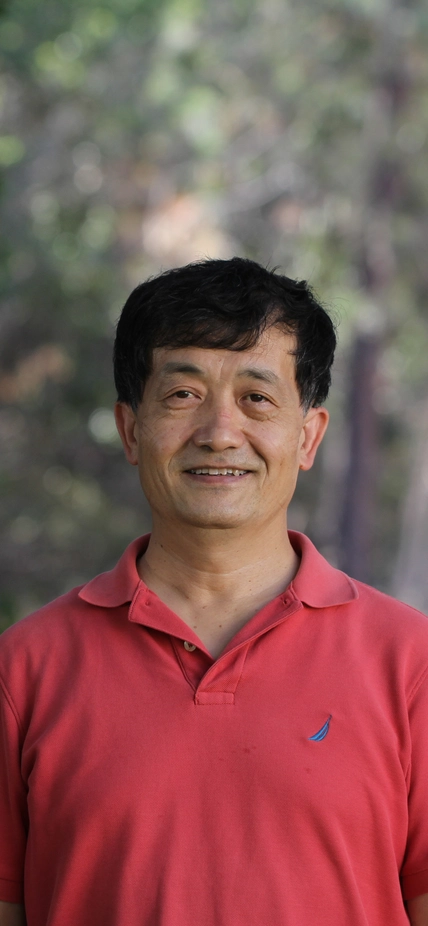Washington, DC— Carnegie’s Zhiyong Wang will receive the Humboldt Research Award, one of Germany’s most-prestigious prizes.
Granted by the Alexander von Humboldt Foundation up to 100 times each year, the award honors academics “whose fundamental discoveries, new theories, or insights have had a significant impact on their own discipline and who are expected to continue producing cutting-edge achievements in the future.”
Alexander von Humboldt was a geographer and naturalist who spent between 1799 and 1804 exploring Central and South America, and authored the seminal five-volume treatise on science Cosmos: A Sketch of the Physical Description of the Universe.
Recipients must be nominated by an established German academic or by a previous winner working abroad in conjunction with a colleague in Germany. The award enables the winners to spend up to one year collaborating on a long-term research with colleagues at a German institution.
“It’s an honor to be selected for such a distinguished award and to have my work recognized on such an international level,” Wang said.
The Wang lab is a world leader in uncovering signaling pathways. Zhiyong Wang has spent years honing in on the function of one major class of plant hormones called brassinosteroids, making it one of the best-studied signaling pathways of plant cell physiology and biochemistry. Brassinosteroids are involved in an incredibly wide array of functions, including response to environmental stresses, cell elongation, and resistance to pathogens.
“Carnegie is very proud of Zhiyong’s contributions to understanding the vast array of physiological tasks accomplished by plant hormones,” said Carnegie President Matthew Scott. “We are thrilled for his recognition from the Humboldt Foundation, named for an amazing person—one of the greatest explorers and naturalists—which is a strong statement about Zhiyong’s pioneering work.”
